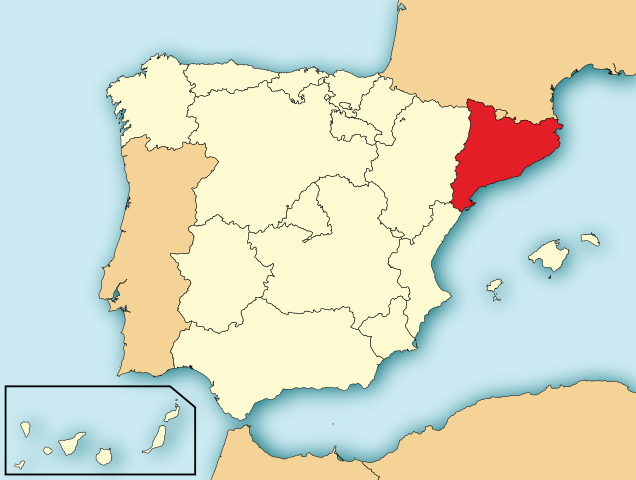It’s almost as if some politicians just set out to validate political stereotypes. Just drink in the fact Illinois’s wealthy Republican governor-elect made it one week from the election before the corruption and campaign finance violations came to light.
Illinois Governor-elect Bruce Rauner accepted more than $140,000 worth of campaign donations from executives affiliated with firms in which Illinois pension systems have investments, according to documents reviewed by the International Business Times. The campaign donations flowed to Rauner despite state and federal rules designed to prevent pension investment managers from donating to candidates for public offices that oversee state pension systems. As governor, Rauner will now appoint the trustees who oversee Illinois’ pension investment decisions.
When IBTimes first presented the campaign finance documents to officials at the Illinois State Board of Investment late last week, they said they had never been asked about the donations. Days later, those officials announced they are now conducting a formal review of the system’s private investment managers to see if they complied with campaign finance disclosure requirements.
[…]
The SEC’s 2011 “pay-to-play” rule effectively bars executives at firms that earn fees from managing public pension money from donating to candidates for offices that can influence public pension investments. The Illinois governor appoints trustees to the boards overseeing the $40 billion Illinois Teachers Retirement System and the $13 billion Illinois State Board of Investment.
Gov.-elect Rauner is also himself still a partnership stakeholder in a subsidiary of a company he used to run, which also manages public pension money.
I look forward to learning whether Wheaton City Councillor and Lieutenant Governor-elect Evelyn Sanguinetti is cut out to lead a state of 12.9 million people (to Wheaton’s 53,000!) when Gov. Rauner inevitably resigns, is removed by the legislature, or is sent to prison.
I also wonder if, as his hand-picked running mate, she’ll carry through his radical agenda to “reform” Illinois pensions and carve out special anti-union “Right to Work” economic zones, along with other big business goodies disguised as help for small businesses.





 With the absentee ballots finally all counted, Alaska Sen. Mark Begich (D)
With the absentee ballots finally all counted, Alaska Sen. Mark Begich (D) 

